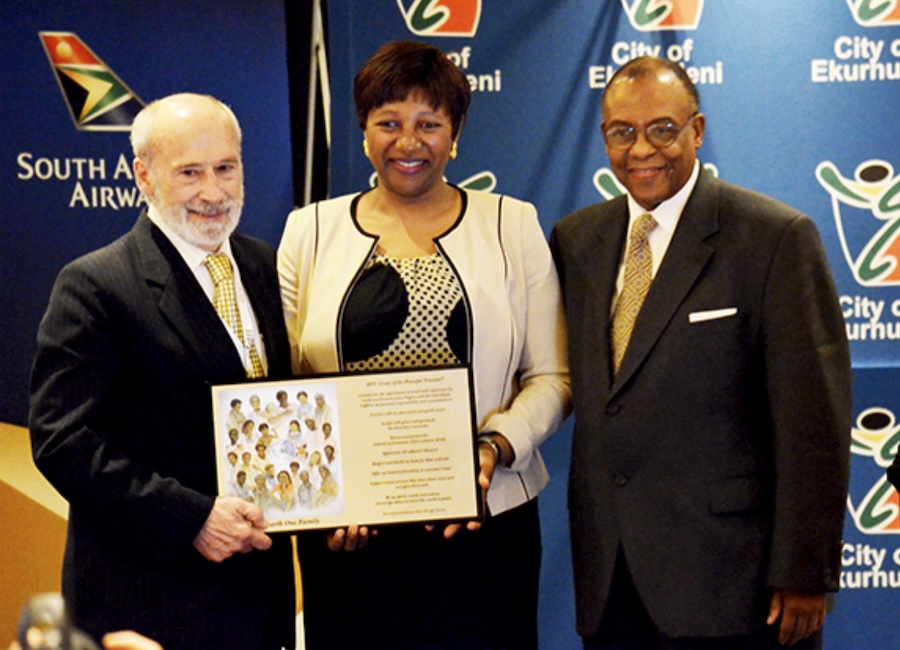FREE FLOW OF INFORMATION .
An opinion piece by Luiz Inácio Lula da Silva, Cyril Ramaphosa and Pedro Sánchez, heads of state of Brazil, South Africa and Spain published by the Transcend Media Service
The year 2025 will be pivotal for multilateralism. The challenges before us — rising inequalities, climate change, and the financing gap for sustainable development — are urgent and interconnected. Addressing them requires bold, coordinated action — not a retreat into isolation, unilateral actions, or disruption.
Three major global gatherings offer a unique opportunity to chart a path towards a more just, inclusive and sustainable world: the Fourth International Conference on Financing for Development (FfD4) in Seville (Spain), the 30th Conference of the Parties (COP30) to the United Nations Framework Convention on Climate Change (UNFCCC) in Belém (Brazil) and the G20 Summit in Johannesburg (South Africa). These meetings must not be business as usual: they must deliver real progress.
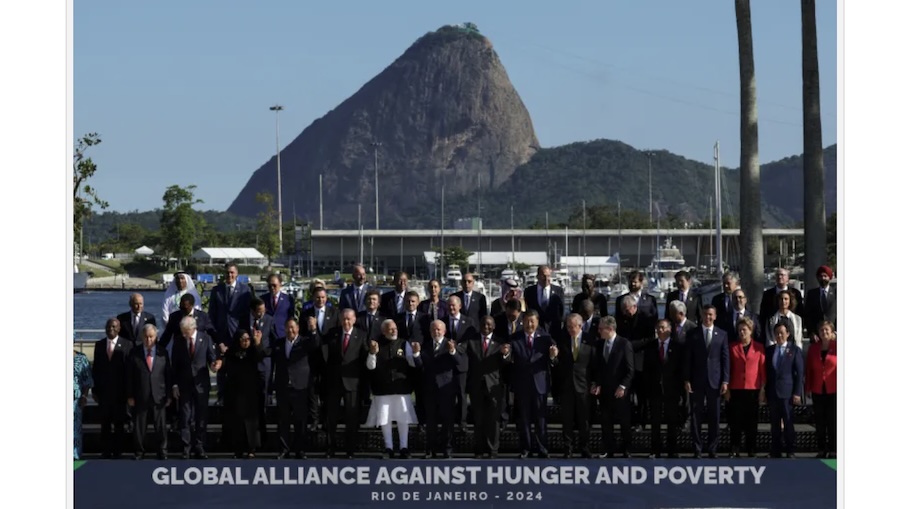
A multilateral moment we cannot waste
Trust in multilateral institutions is under strain, yet the need for dialogue and global cooperation has never been greater. We must reaffirm that multilateralism, when ambitious and action-oriented, remains the most effective vehicle for addressing shared challenges and advancing common interests.
We must build on the successes of multilateralism, in particular the 2030 Agenda and the Paris Agreement. The FfD4, COP30 and G20 must serve as milestones in a renewed commitment to inclusiveness, sustainable development, and shared prosperity. This will require strong political will, the full participation of all relevant stakeholders, a creative mindset and the ability to understand the constraints and priorities of all economies.
Tackling inequality through a renewed financial architecture
Income inequality is widening—both within and between nations. Many developing countries struggle under unsustainable debt burdens, constrained fiscal space, and barriers to fair access to capital. Basic services such as health or education must compete with growing interest rates.
This is not just a moral failing; it is an economic risk for all. The global financial architecture must be reformed to provide countries in the Global South with greater voice and representation and fairer and more predictable access to resources.
(article continued in right column)
Where in the world can we find good leadership today?
(article continued from left column)
We must advance debt relief initiatives, promote innovative financing mechanisms, and work on identifying and addressing the causes of the high cost of capital faced by most developing countries. The G20, under the South African presidency, is prioritising these three areas.
At the same time, Seville’s FfD4 will be a defining moment to secure commitments for stronger international financial cooperation for sustainable development, including through better taxation of global wealth and negative externalities, the enhancement of domestic resource mobilisation and for a more impactful and effective rechannelling of Special Drawing Rights.
Just transitions towards climate-resilient development
For many developing countries, just climate transitions remain out of reach due to a lack of funds and development constraints. This must change. At COP30 in Belém, a summit hosted in the heart of the Amazon, we must ensure that our climate finance commitments translate into concrete action.
The success of COP30 will depend on whether we can bridge the gap between promises and delivery. Under the UNFCCC, key foundations for COP30 will be the submission of new and ambitious Nationally Determined Contributions (NDCs) by all parties and the Baku to Belém Roadmap to scale up financing to developing country parties for climate action from all public and private sources to at least $1.3 trillion per year by 2025.
We need to significantly increase climate adaptation finance, leverage private sector investment and ensure that multilateral development banks take a greater role in climate financing. The FfD4 in Seville will complement these efforts by ensuring that climate financing does not come at the cost of development.
An inclusive response to global threats
The world is increasingly fragmented, and this is precisely why we must redouble our efforts to find common ground. Seville, Belém and Johannesburg must serve as beacons of multilateral cooperation, showing that nations can unite around common interests.
In Seville, we will work to mobilise both public and private capital for sustainable development, recognising that financial stability and climate action are inseparable. In Belem, we will stand together to protect our planet. And in Johannesburg, the G20 will reaffirm the importance of inclusive economic growth.
As we look ahead to 2025, we call on all nations, international institutions, the private sector and civil society to rise to this moment. Multilateralism can and must deliver — because the stakes are too high for failure.
– – – – – –
If you wish to make a comment on this article, you may write to coordinator@cpnn-world.org with the title “Comment on (name of article)” and we will put your comment on line. Because of the flood of spam, we have discontinued the direct application of comments.
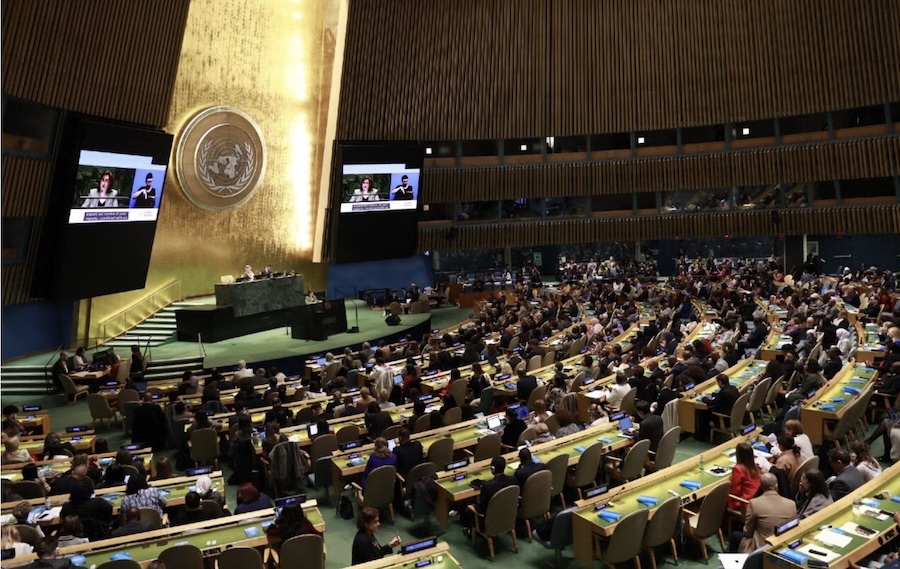
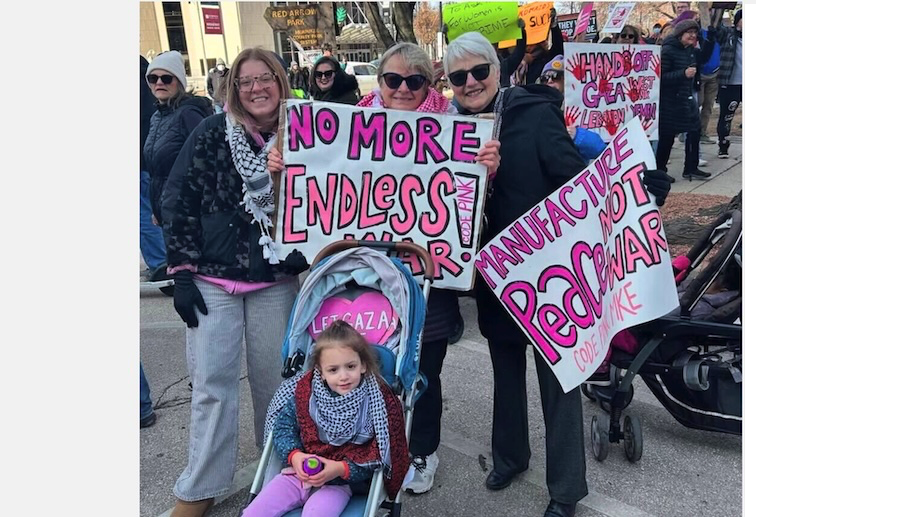
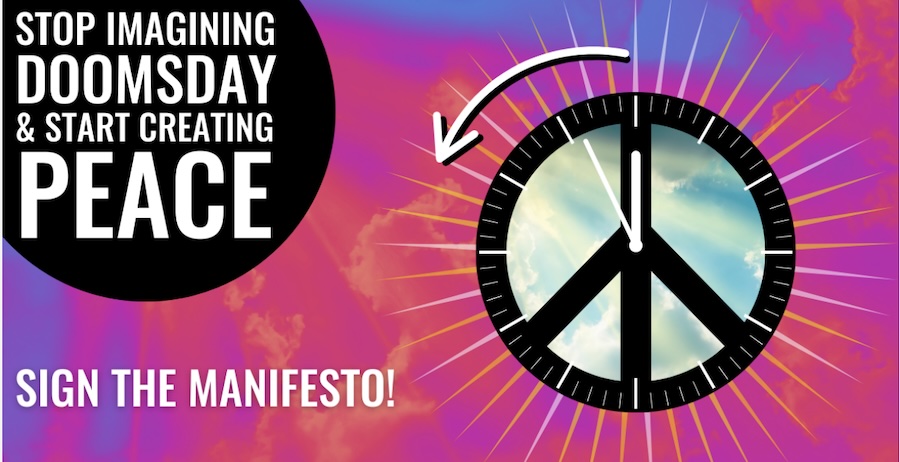
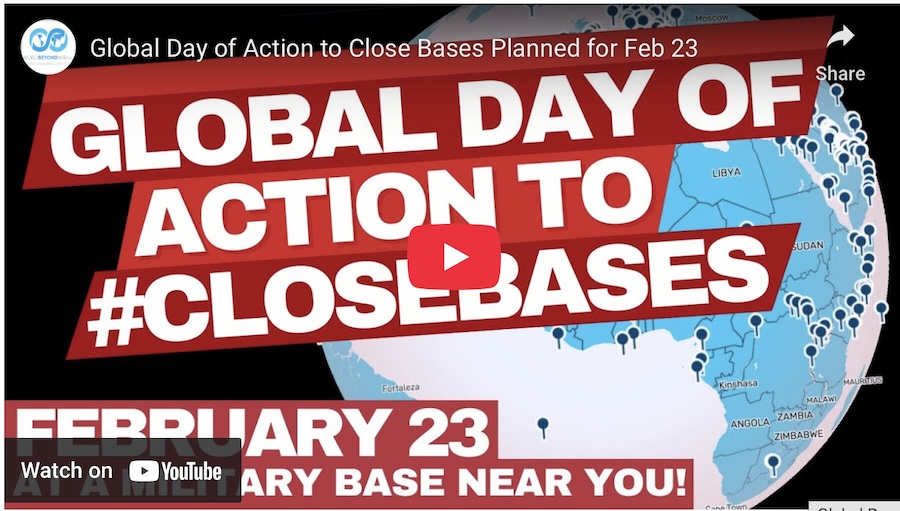 Video for Global Day of Action
Video for Global Day of Action


